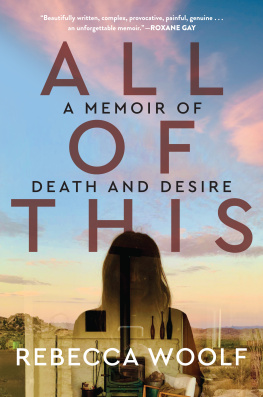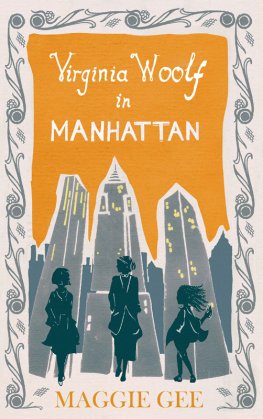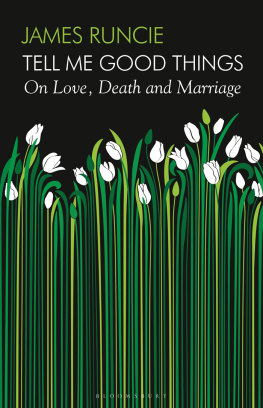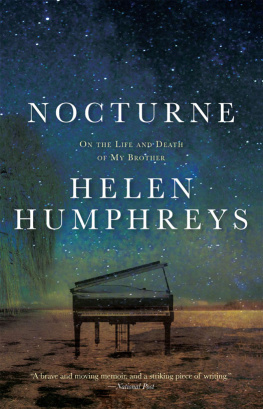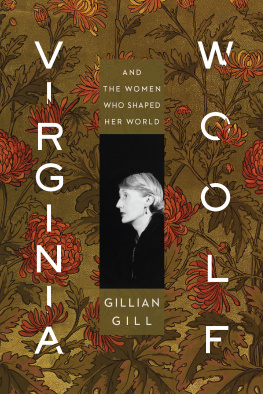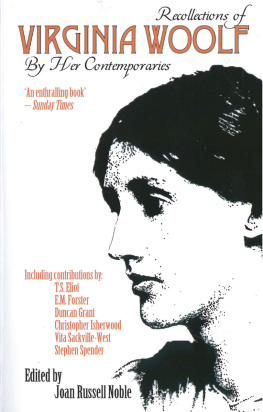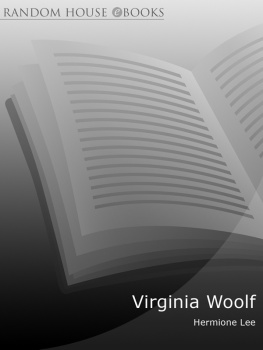For Rebecca
Sometimes death is the beginning of things.
ERICA JONG
Contents
Early on in my husband Hals illness as we were sitting side by side in his hospital bed watching 3 a.m. infomercials to the erratic beep of the chemo drip, maniacally laughing because what the fuck and how the hell did we get here what is happening, Hal turned to me.
Bec. You have to write this book, he said.
What book? I asked.
The one youre going to writeabout all of thiswhen I die.
It was the first time he had asked me to write about anything, let alone him. In the past, he was at best reluctantly supportive of me writing publicly about my lifehis and ours. He struggled with my work on multiple levels, and for many years, we clashed as a result. So this felt profound. Holy. Like receiving an unexpected gift.
Tell the truth about everything. Its okay. You have to do it. The whole story. The true story.
I promised him. But it wasnt until I actually started writing that I made the same promise to myself. I spent many months writing the wrong booka book about his truth, not mine. I was protecting him, much like I did when we were marriedvenerating his good qualities in public forums and deceiving myself in the process.
The truth is, I am relieved to be alone. Elated to be on the other side of a relationship that broke mea marriage that, for many years, felt purgatorial. This is not to say that my grief is inauthentic. The sadness and anger I felt, and still feel, is honest and messy and ever-worthy of sensitivity, empathy, and care. But it also looks very different than what is commonly depicted in memoirs written by grieving wives, which is why I felt compelled to write my own.
Nobody talks about what grief feels like when the person youre mourning is someone you had, for years, been preparing to lose in a different way. That a relationship after someone is dead is no less complicated than a relationship with someone who is living. Its okay to miss and mourn someone but also to feel relief that the suffering is over. In all aspects.
I am not the first and certainly not the last wife to bury a husband she didnt want to be married to anymore. Nor am I the only widow relieved to be out of a relationship that paralyzed her. But I found it nearly impossible to find anyone willing to talk openly about the kind of grief I was feeling when Hal died. I still do.
* * *
Widows have a long history of holding their tongues so as not to tarnish the legacies of their late spouses which, in the very nature of marriage, would also sully our own. But contrary to the court of public opinion, death does not forgive us our sins. And looking away from the truth will not change it. I believe we do each other a great disservice by pretending death absolves the departedthat those of us left behind must only hang on to the good. There is no right way to remember the past. It is up to every grieving person to decide for themselves what to keep of what remains.
Is it more important to bury the truth of a dead man than to honor the truth of those who survived him? I had to write this book to answer that question, and I believe with every cell in my being that that answer is no.
Marriage is labyrinthian on its best days. Even the purest of love stories are infested with idiosyncrasies; the most stable of households, flush with fabrication. In order to excavate my experience, I had to first make peace with Hals humanity and mine. I had to give myself the space to remember him without forgetting. To love and loathe with the same level of compassion. To forgive us both by looking deeper into the story with equal parts celebration and criticism. Most ex-wives cannot write this book because their ex-husbands are still alive. It is because of them I was able to write this. Because they were brave enough to leave when I wasnt.
Months before Hal was diagnosed with terminal cancer, he got the following words tattooed on his arm: Rather than love, than money, than fame, give me truth.
And this book is mine.
Because contrary to what women are conditioned to think, our truth is not a betrayal but an opening.
Its safe here. Come inside.
The stoplights are out on Wilshire and all along San Vicente approaching Cedars-Sinai. I am driving with my hazards on so the cars behind me dont honk. Hal is seated next to me, padded with pillows so the seatbelt doesnt press against his abdomen. I learned this trick after my C-section when our twin daughters were in the NICU after being born six weeks premature. It was mid-September and while I was discharged four days after their birth, they were not. For a week and a half, we spent our days driving back and forth between home and hospitalHal in the drivers seat, me as his passengerand every time we hit a pothole, I would wince.
Careful, Id say.
Slower, Id say.
Look out for the
Bump.
That was the summer of 2011. I was in excruciating pain, but the stoplights were working. It was hot but not record breaking. And my pain was temporary. Most pain is temporary.
Now it is July of 2018 and nothing is working. The muted voices on public radio tell us the heat this week is record breaking. I imagine whatever supreme being who controls the weather shattering literal records one by one against the edges of dusty furniture, pieces of vinyl like broken glass under our feet. All words mean more than one thing.
Usually, when the lights go out at major intersections, there are traffic directors in green vests and sturdy hats. They stand in the middle of the road with their white gloves and tell you when to stop. But not today. Today, we are alone. Just the two of us and a pile of broken records.
I slow to a stop at every blinking light, wait for my right-of-way and accelerate through each intersection carefully so as not to discomfort Hal more than I have to. I drive fast enough so Im not cut off by everyone who doesnt have a terminally ill husband in debilitating pain sitting shotgun in their minivan, slow enough so that he doesnt feel the bumps beneath us.
But he does. He feels every break and thump. Every lurch and snag. And everything I do is wrong. The car is either too hot or too cold. I am never driving the right speed. And now, on top of everything, the lights arent working.
Hals eyes are closed. He wears a mask over his mouth as a precaution against his compromised immune system even though the doctors tell him theres no need. He turns the music all the way down. Its only been ten days since his diagnosis and everything hurts now, including favorite songs.
I hold on to his hand and he smiles the way people do when they dont want you to know they dont want to. And then I do the same thing Ive done every day since Hals diagnosis: I pull my belly in as tight as I can and hold my breath. I tell him I love him, and he nods the way people do when they want you to know that they know.
Iloveyoutoobaby, he whispers.
He opens his eyes and looks at me. For a moment, it feels like were the only two people left in the world. And then the car behind us honks its horn.
* * *
It happened like this: one day he was fine, the next day he was dying.
We were barely speaking when his first symptoms appeared. Our marriage in shamblesbacks turned to each other in a bed big enough to keep us from touching.
You hear stories about this kind of thing happening all the time. You know. The one about the friend of a friend who was the epitome of health and then one day...
I have done this before countless times. Someone I knew at some point in my life gets sick or dies, and suddenly I cant believe we ever lost track of each other. I think of the time we were best friends. For a summer. Or a weekend. Or during a school dance. Someone Im pretty sure I had English with. Immediately, theres a flurry of texts with old high school friends, and Can you believe so-and-so died so young? Remember when we all smoked cigs together when we were supposed to be running the mile and

